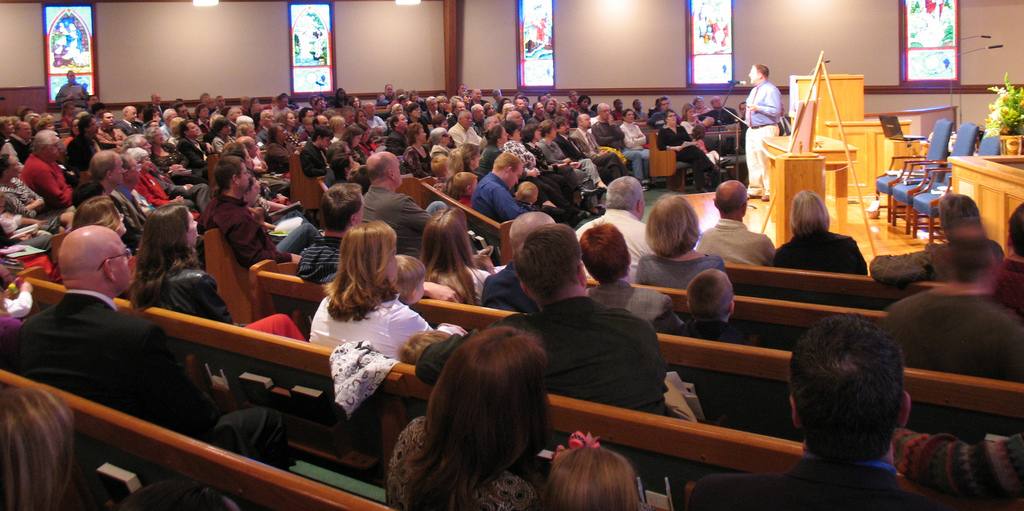Having just completed our annual Mission & Ministry Summit I have been reminded not only of the history of our own denomination but also the value of belonging and participating in a denominational network. Nevertheless, while hundreds of General Baptist leaders gathered in Collinsville, Illinois for Powerful Worship, Practical Training and Personal Missionary Connections, (you can read about the event here) hundreds of others chose not to participate. As I reflected on participation in denominational enterprises it struck me that there are at least five ways I can participate.
- Participating through shared theology. The heart of our General Baptist movement, network, denomination is a commitment to our core theology of a General Atonement. This seems old-hat to those of us who have always held such a simple belief. As stated in the Scripture, Jesus Christ by the grace of God tasted death for every man so that whosoever will may be saved. It seems strange to think that this concept was considered heresy in most Baptist circles in the 1820’s when our movement was born. It also seems strange to think that many evangelicals today avoid that simple truth without realizing that they then portray a view of God as capricious, arbitrary and unreasoning.
When I served as pastor, I regularly met new people in our community who came from a church background that was non-General Baptist. They were delighted to learn that we believed as they did that God offers equal opportunity to all who would by faith accept Jesus as a personal savior.
Whenever I espouse belief in a General Atonement rather than a Limited Atonement, then I am participating in our General Baptist denomination by sharing a mutual theology.
- Participating through shared mission. The natural outgrowth of belief in a General Atonement is taking the Great Commission seriously. Thus when I pray for, support or participate in the denominational mission, then I am participating in the General Baptist cause. Shared mission involves missionary activity throughout the world, church planting within the United States, and various initiatives to teach and train as we make disciples in obedience to the Great Commission.
- Participating by personal networking. Shared theology and shared mission puts me in connection with others and while I cannot be connected personally with every adherent of the General Baptist cause, I can and do make connections with some others. Many times these connections are framed within my local church or regional association. On other occasions they cross regional boundaries as I find personal connection with like-missioned people across the nation or around the world.
- Participating by officially belonging. While shared theology, mission and network are excellent starting points, officially belonging is an important and meaningful way to participate in the life of our denomination. This official connection generally occurs through participation in a regional association that in turn is connected to the General Association of General Baptists. Churches that are not part of a denomination may become direct affiliates of the General Association to establish an official connection. Help is always available from denominational officers and denominational offices to assist any church who shares our core theology, mission and network to make official connections.
- Participating by showing up. Attending the first time is always a bit awkward whether it is a pastor’s conference, The Summit, or a Council of Associations meeting. Repeated attendance, however, means that soon we learn the expectations and nature of the gatherings. Repeated attendance also means that soon we learn not only how to navigate the denominational circuit but also that we anticipate seeing, greeting and catching up with folks who have become partners in the gospel. After 40 years of attending the General Association and after directly working with The Summit for 10 seasons now, I still look forward to showing up and checking up on folks I may only see once in a while.
